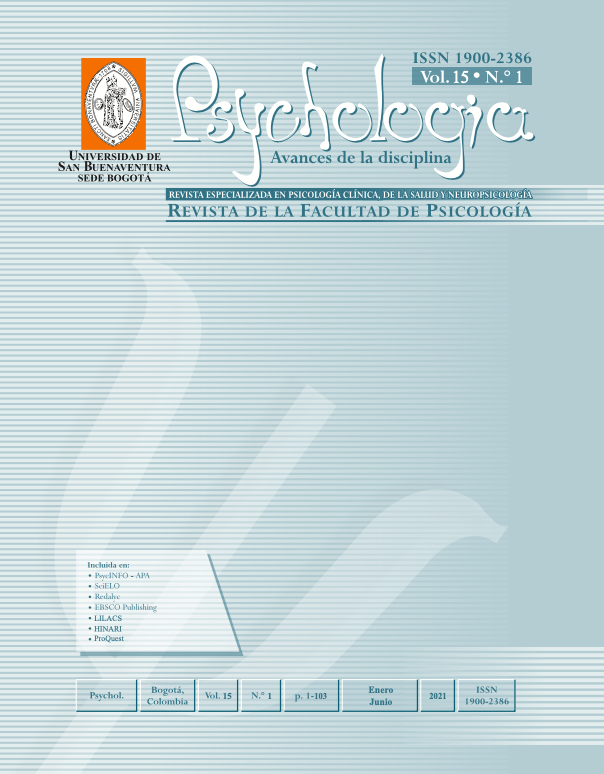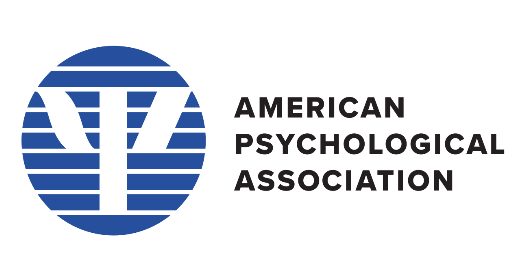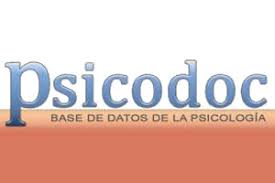This journal provides open, immediate access to its contents, based on the principle that offering the public free access to research helps to promote a higher global exchange of knowledge.
As such, all journal articles are published under a Creative Commons Attribution-NonCommercial-ShareAlike 4.0 International License (CC BY-NC-SA), by which commercial use of the original work or its possible derived works is not allowed, and the distribution thereof must be done with the same license elements regulating the original work.
http://creativecommons.org/licenses/by-nc-sa/4.0/
Abstract
Mild cognitive impairment, frontotemporal dementia (FTD) is a neurodegenerative disease characterized by clinical manifestations of behavior and linguistic subtypes. Primary Progressive Aphasia (APP) is a syndrome in which language alterations appear that include three types of variations: Non – fluent, Semantic and Logopenic. This study describes the clinical evolution and the neurophysiological characteristics of a 63 years old woman that started with a progressive language impairment. The functions which are evaluated are attention, memory, language and executive functions. The patient obtained a low performance in memory, processing speed and executive functions. The language is characterized by low fluency, agramatism, paraphasias and denomination difficulties. It is concluded, that the patient has characteristics of APP non-fluent which varies throughout the time and it affects her performance; characteristics of a clinical course of a greater neurocognitive disorder might be due to a lobe frontotemporal degeneration.
Keywords: Primary progressive aphasia, neuropsychology, cognition, cognitive impairment, frontotemporal dementia.





















